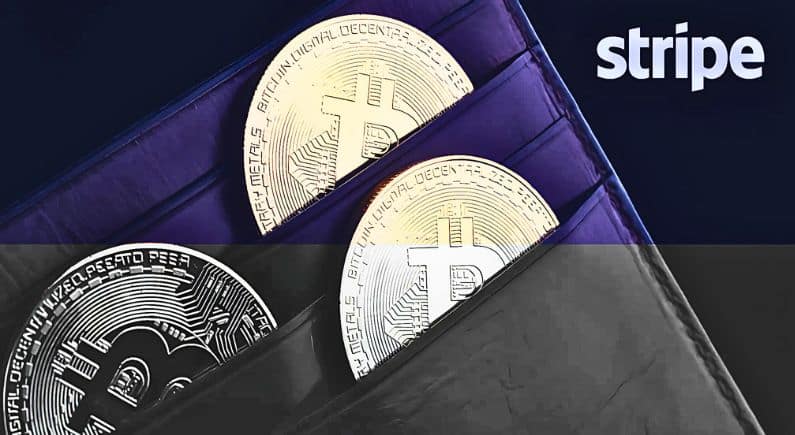SEC extends deadline for decision on Grayscale’s crypto futures ETF

The U.S. Securities and Exchange Commission (SEC) has postponed the decision on Grayscale’s Ethereum (ETH) futures exchange-traded fund (ETF) to January 1, 2024. The agency said it intends to “establish a longer timeframe” to take action on the proposed regulatory change.
“The Commission will approve or disapprove the proposed rule change or will initiate proceedings to determine whether it will be approved,” said the SEC in its official announcement.
Grayscale Investments submitted its ETF application in September, proposing a fund that would allow investors to buy shares speculating on the future price of Ethereum, the second-largest digital asset by market cap.
Analysts say the SEC’s delay in deciding on Grayscale’s Ethereum futures ETF signifies the continuous regulatory examination of digital currency investment products in the U.S. As investor interest in cryptocurrency rises, clear regulations are becoming more crucial for market growth and widespread acceptance.
In June, Grayscale took legal action against the SEC after its application was rejected. Subsequently, in August, a judge mandated a review of the SEC’s denial of Grayscale’s spot Bitcoin ETF application, showing support for the company. James Seyffart, an ETF analyst at Bloomberg Intelligence, remarked that early decisions like this by the SEC are not uncommon.
“It’s really not that surprising, the SEC goes early on decisions like this fairly frequently,”
James Seyffart, an ETF analyst at Bloomberg Intelligence.
Last month, Ethereum futures ETFs entered the U.S. market. ProShares, VanEck, Bitwise, Valkyrie, Kelley, and WallShares collectively launched nine products at the Chicago Board Options Exchange.
Several applications for spot Bitcoin ETFs are also pending approval from the SEC. Well-known Wall Street firms like BlackRock have requested permission to launch their products in the conventional investment market.
The SEC has consistently rejected spot Bitcoin ETF proposals, citing concerns about market manipulation. Bloomberg Intelligence analysts predict a 90 percent chance of a spot Bitcoin ETF in the U.S. market by January next year.
An ETF is a popular investment tool reflecting the value of an underlying asset. Unlike mutual funds, ETFs can be traded on a stock exchange, similar to regular stocks.
They can be designed to mirror the price of a single commodity or a broad range of securities, and they can also be tailored to follow particular investment strategies.
ETFs can hold stocks across different industries or focus on a specific sector. They can be U.S.-focused or global. Banking-focused ETFs, for example, hold stocks of various banks.
They are marketable securities with a share price, making them easy to buy and sell on exchanges. ETFs can also be sold short. In the U.S., most ETFs are open-ended funds, following the Investment Company Act of 1940, allowing flexibility for the number of investors.
ETH price surges amid ETF delay
Despite the SEC’s delay of Grayscale’s decision regarding the conversion of ETH Trust into an ETF, ETH’s price experienced a three percent increase.
Since November 11, top altcoins have experienced a nearly 6.7 percent decline, causing the cryptocurrency to dip below the $2,000 threshold. Despite its resilience, ETH has managed to make a recovery.
However, the sustainability of this recovery is uncertain, given the prevailing bearish signals in the broader market for ETH.
The moving average convergence divergence (MACD) shows reduced positivity, signaling a shift toward bearish trends.
This might undermine the $2,000 support, leading the ETH price to drop around $1,900 or even lower. Analysts say ETH should trade above $2,124 to maintain stability and trigger a price increase.








